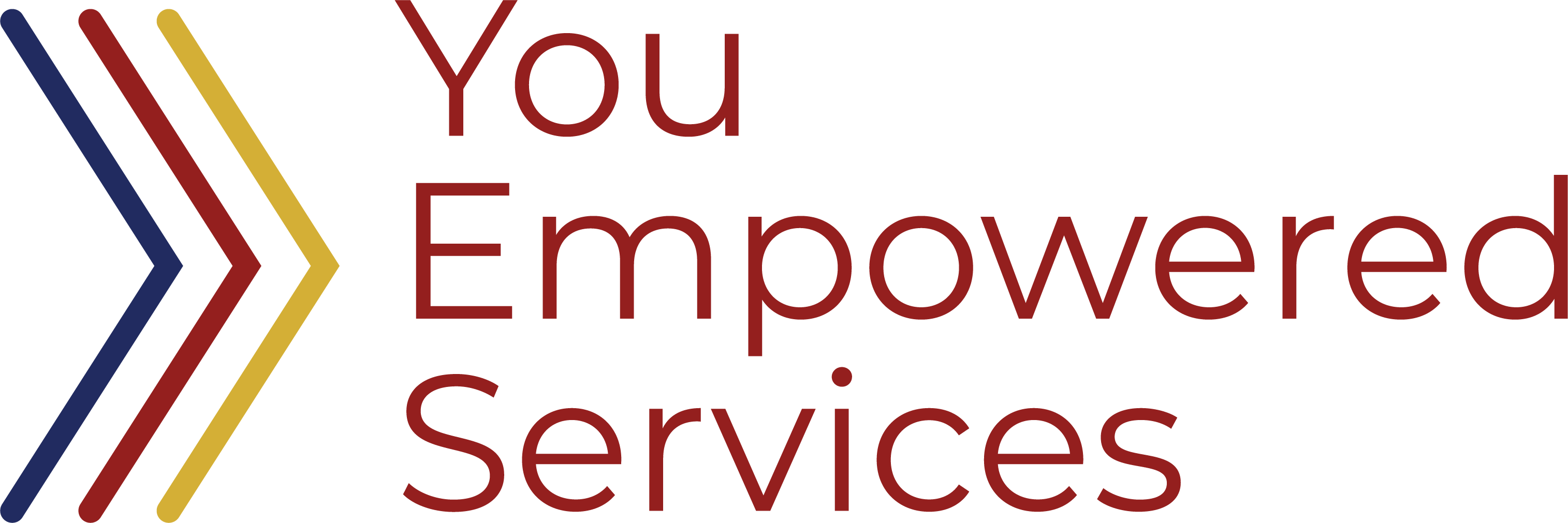Sonja was very successful in her work. Every time she would allow herself to celebrate and own her success, she would be overwhelmed with guilt. The “old nag” (that voice in her head that reminded her of all her imperfections), would sound off and she would have a negative conversation that always ended with her attributing her success to being the luckiest girl alive. It was her secret, and she was embarrassed to share it with anyone because then they would know that she was a fraud. It was exhausting, unmotivating, and often held her back from taking the steps necessary to her personal and professional growth.
As a Business Growth Coach and Success Trainer, I often encounter clients who are success-focused, high-achieving entrepreneurs. They have the skills, the accolades, and the drive to succeed, yet many of them are haunted by a pervasive sense of self-doubt. This phenomenon, commonly known as imposter syndrome, can be a significant barrier to personal and professional growth. Today, I want to delve into imposter syndrome through my eyes as a coach and trainer and offer strategies to overcome it.
Understanding Imposter Syndrome
Imposter syndrome is characterized by a persistent feeling of inadequacy despite evident success. Those who experience it often attribute their achievements to luck rather than skill, and they live in constant fear of
being exposed as a “fraud”. This can lead to anxiety, stress, and a reluctance to seize new opportunities.
The Impact on Business Growth
In the world of business, imposter syndrome can be particularly detrimental. It can prevent entrepreneurs and business owners from taking calculated risks, exploring new ventures, and pushing their businesses to the next level. When you doubt your own capabilities, it becomes challenging to lead effectively, inspire your team, or present yourself confidently to clients and stakeholders.
Recognizing the Signs
Recognizing the signs of imposter syndrome is the first step toward overcoming it. Some common indicators include:
– Perfectionism: Setting impossibly high standards and feeling like a failure when they are not met.
– Attribution to Luck: Believing that your success is due to external factors rather than your abilities.
– Fear of Failure: Avoiding new challenges for fear of not measuring up.
– Discounting Praise: Dismissing compliments and accolades as unwarranted.
Strategies for Overcoming Imposter Syndrome
1. Acknowledge Your Feelings: The first step to overcoming imposter syndrome is acknowledging that it exists. Recognize the negative thoughts and understand that they are not a reflection of your true abilities.
2. Reframe Your Thinking: Shift your mindset from one of self-doubt to self- affirmation. Replace negative thoughts with positive affirmations about your skills and accomplishments.
3. Celebrate Your Achievements: Take the time to reflect on your successes. Keep a journal of your accomplishments and revisit it when you start to feel inadequate.
4. Seek Support: Talk to mentors, peers, or a coach about your feelings. Often, sharing your experiences can help you realize that you are not alone in feeling this way.
5. Focus on Growth: Embrace a growth mindset. Understand that making mistakes and facing challenges are part of the learning process. Use these experiences to grow and improve.
6. Set Realistic Goals: Set achievable goals and celebrate the progress you make toward them. Break larger tasks into smaller, manageable steps to avoid feeling overwhelmed.
The Role of Personal Development
Personal development plays a crucial role in overcoming imposter syndrome. As a success trainer, I emphasize the importance of continuous learning and self improvement. By investing in your personal growth, you build the confidence and resilience needed to combat self-doubt. This can involve attending Success Bootcamp (July 26th, 2024) or a different workshop, reading books, or even seeking out new experiences that challenge and expand your skill set.
Final Thoughts
Imposter syndrome is a common challenge that many high-achieving individuals face, and it doesn’t have to hold you back. By acknowledging your feelings, reframing your thoughts, and focusing on personal development, you can overcome self-doubt and unlock your full potential.
Remember, you are not an imposter—you are a capable and deserving individual with the power to achieve great things.
I have spent a fair amount of time reflecting on imposter syndrome as it was a place of “stuckedness” for me for a couple of years throughout my career(s) and business. I will just wonder out loud if it is possible that imposter syndrome is our unconscious mind showing us our greatness, our potential? And we are in such denial we could possibly be that woman or man, we allow our Negative Nelly, Old Nag, Itty Bitty Shitty Committee, whatever you call the voice in your head (the one that just said, I don’t have a voice in my head) to run our life.
What I know for sure, that is not who you are. We are all designed for greatness and now is your time to step into it!
If you find yourself struggling with imposter syndrome, consider reaching out for support. As a business growth coach and success trainer, I am here to help you navigate these challenges and achieve the success you deserve. Together, we can turn your self-doubt into self-confidence and propel you toward your goals.
For those looking to delve deeper into this topic or seeking personalized guidance, feel free to connect with me. I am taking applications for my Ignite Your Success certification training in January, 2025, SheLeads
Business Mastermind, Ignite Your Success Mastermind, and personalize, individual coaching.
AND our Success Bootcamp coming July 26th, 2024 from 10am-1:30pm.
Book a call and let’s explore the possibilities together and make your success story a reality.
Always forward,
Derlene


Recent Comments